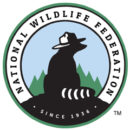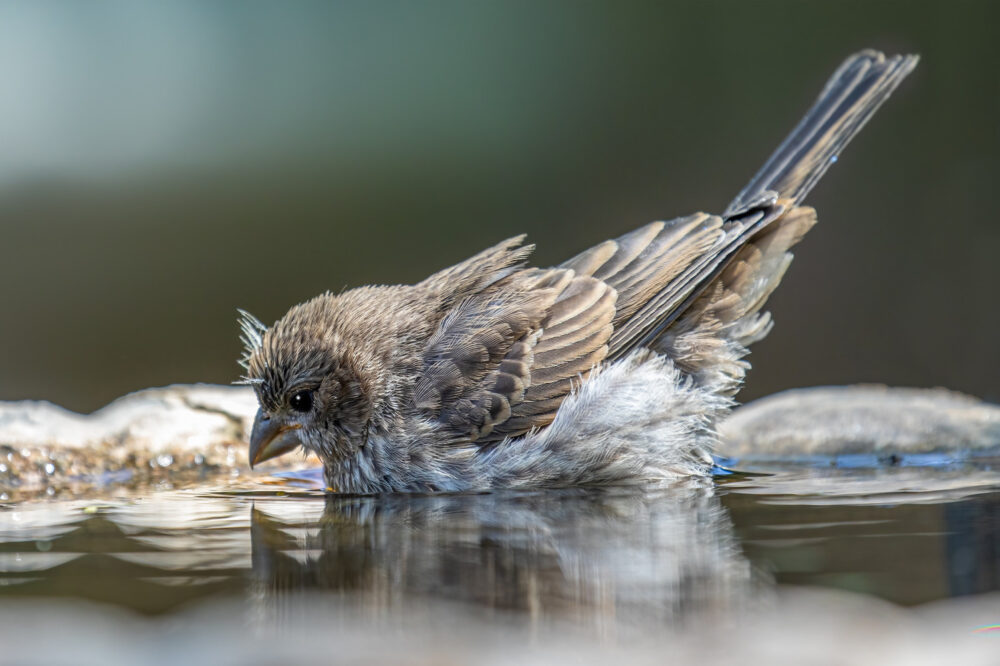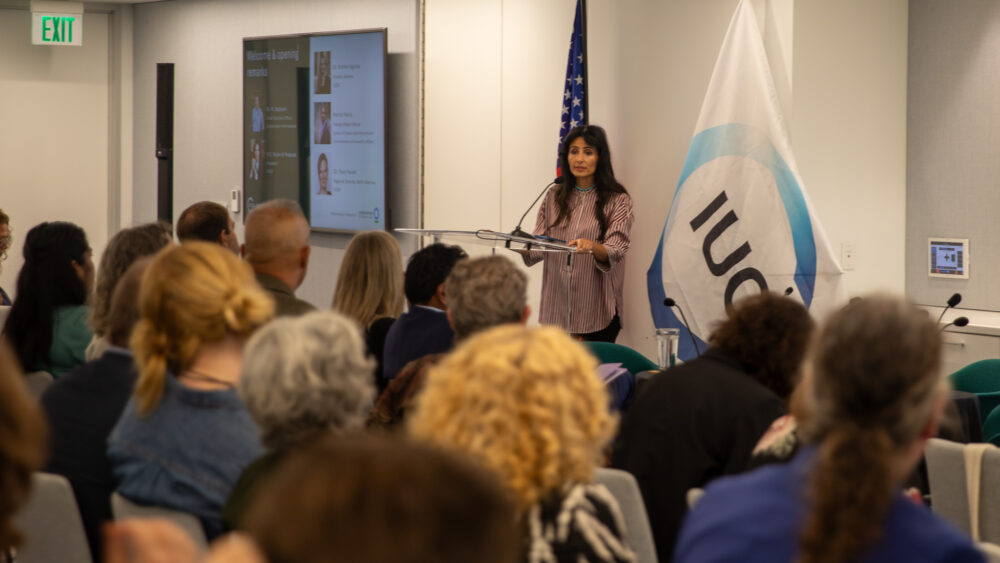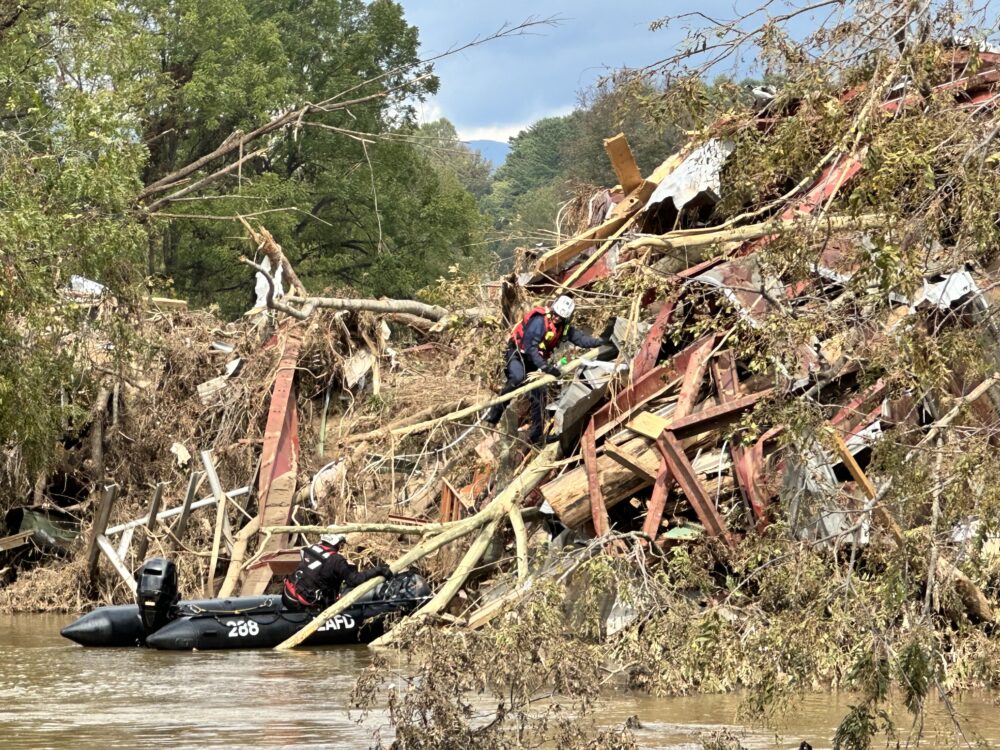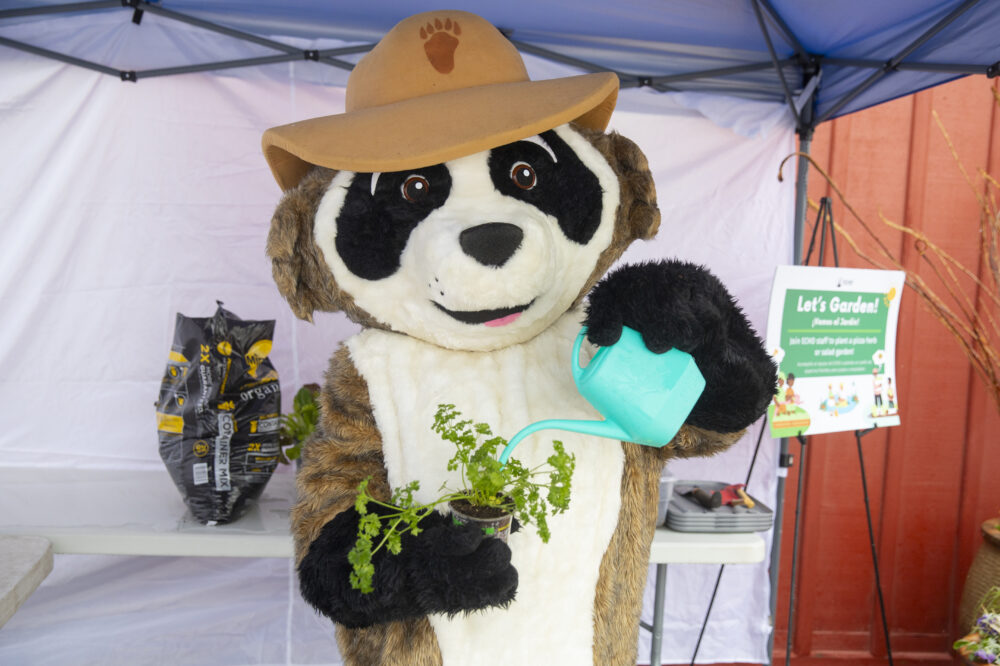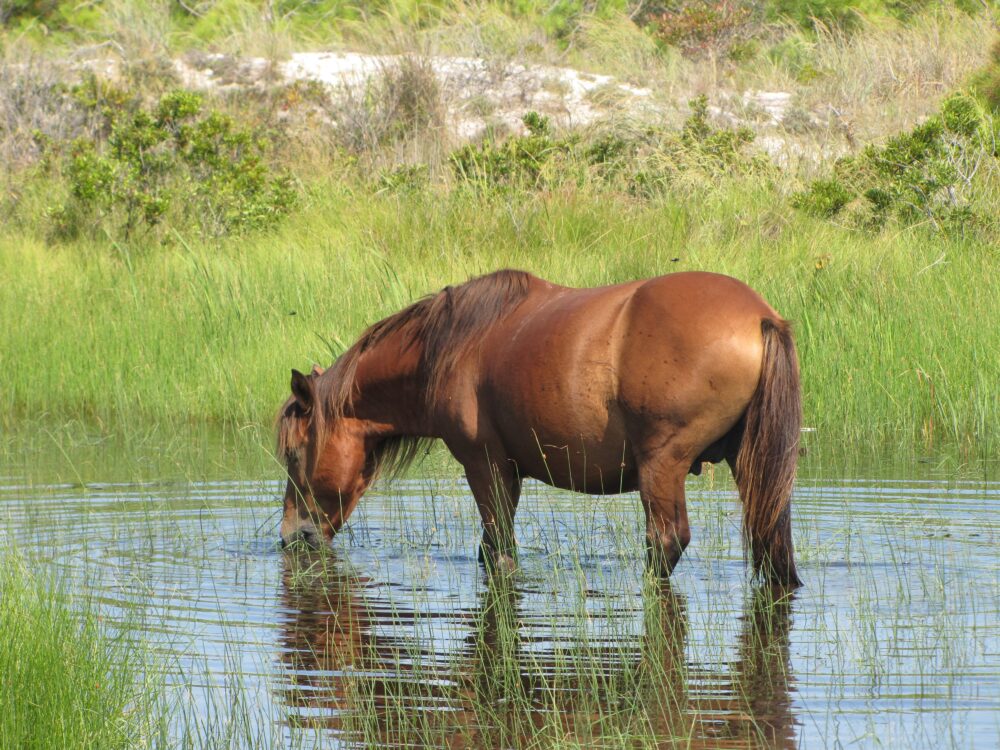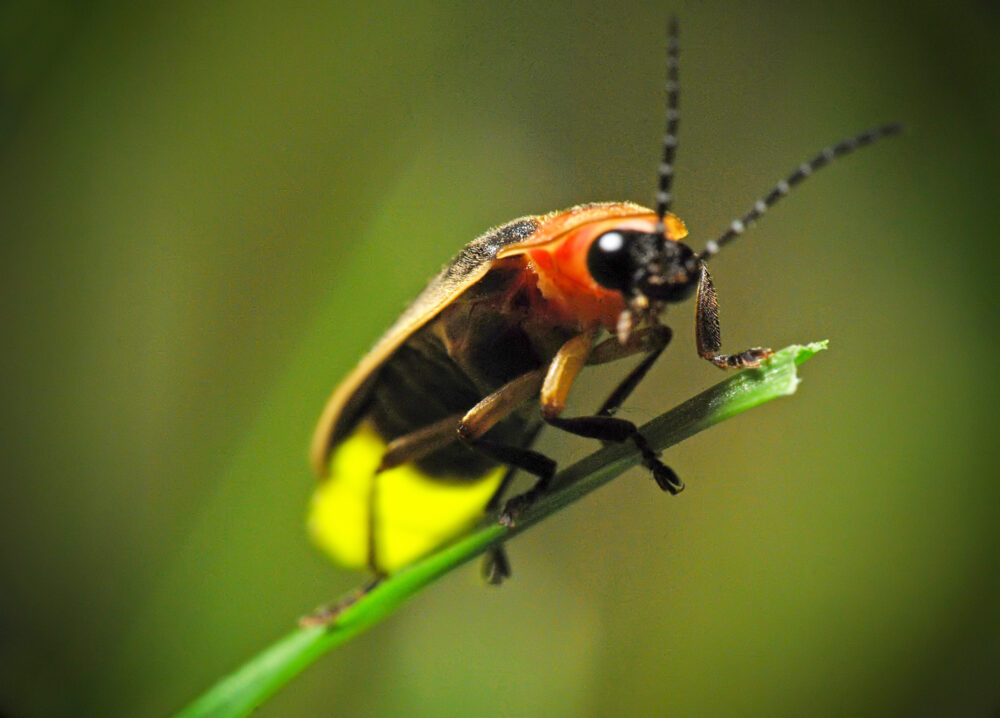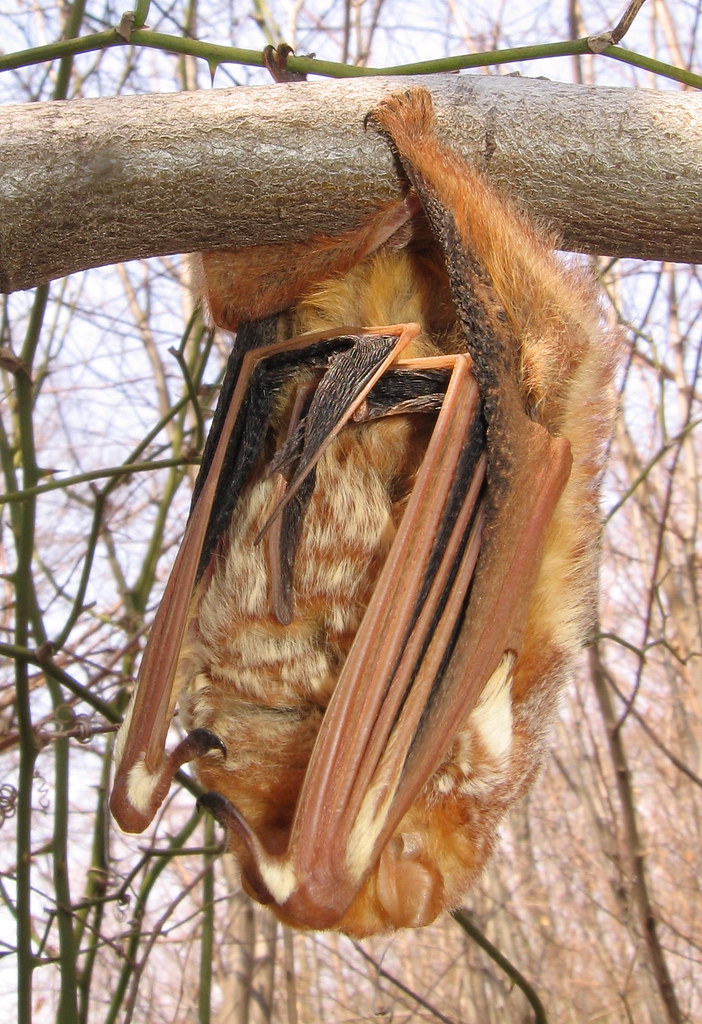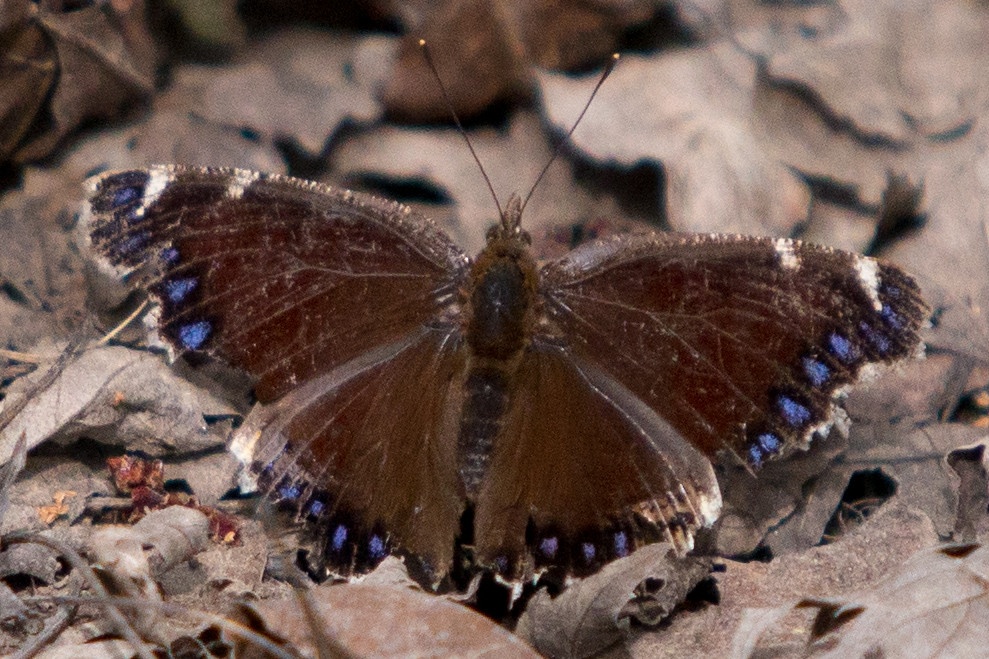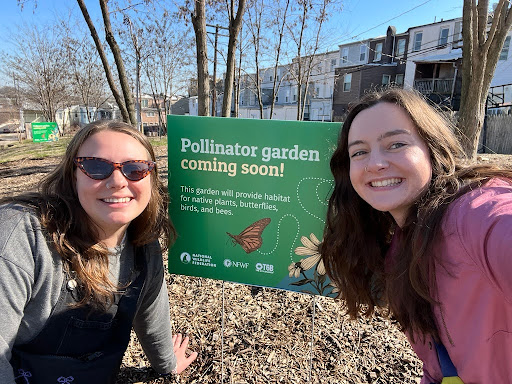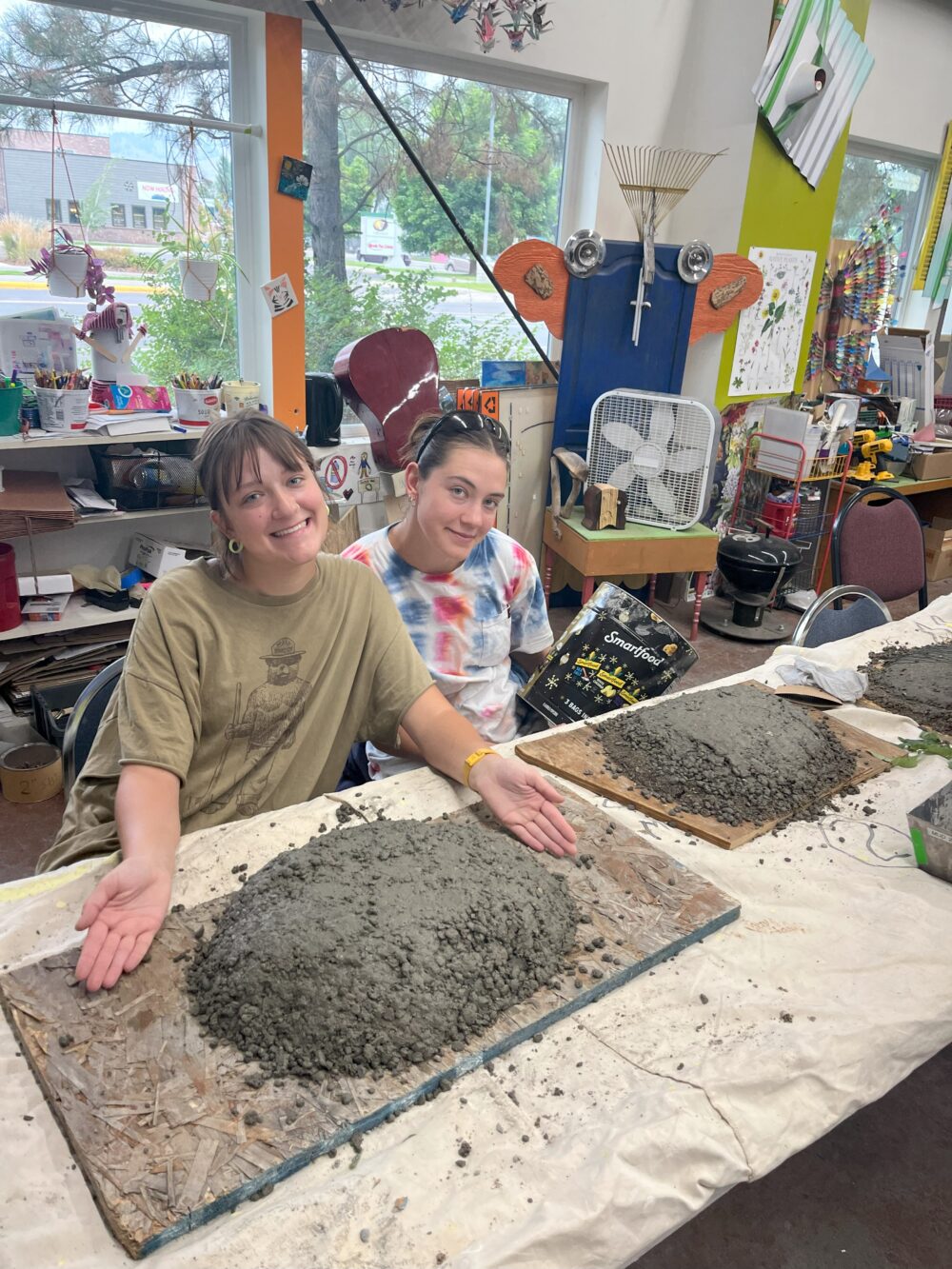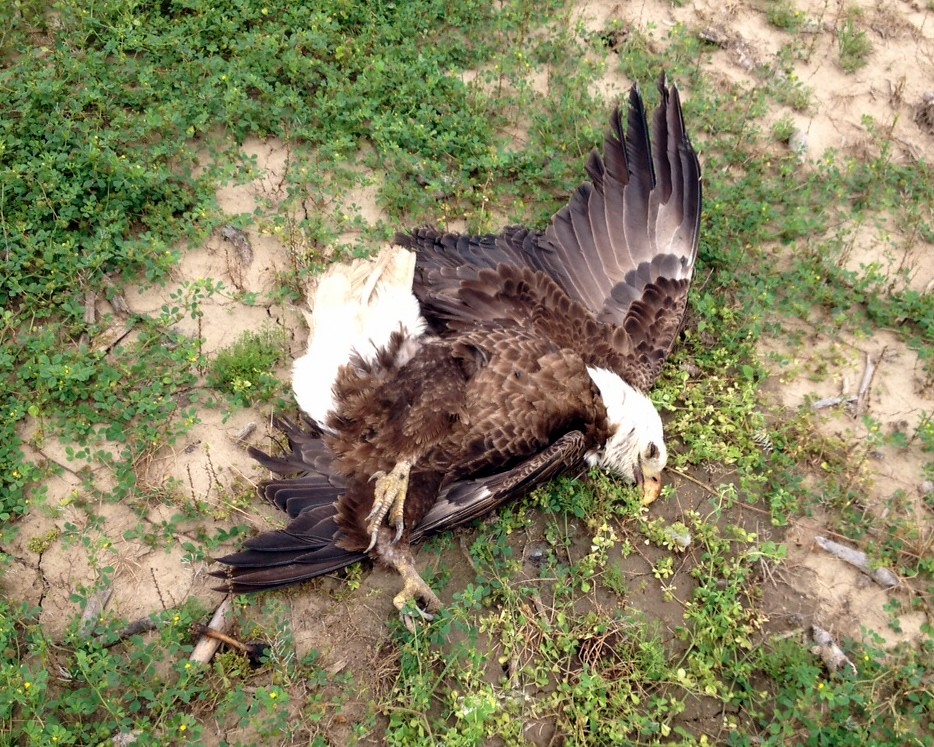We have much more to do and your continued support is needed now more than ever.
Bee One in a Million
This Week in NWF History
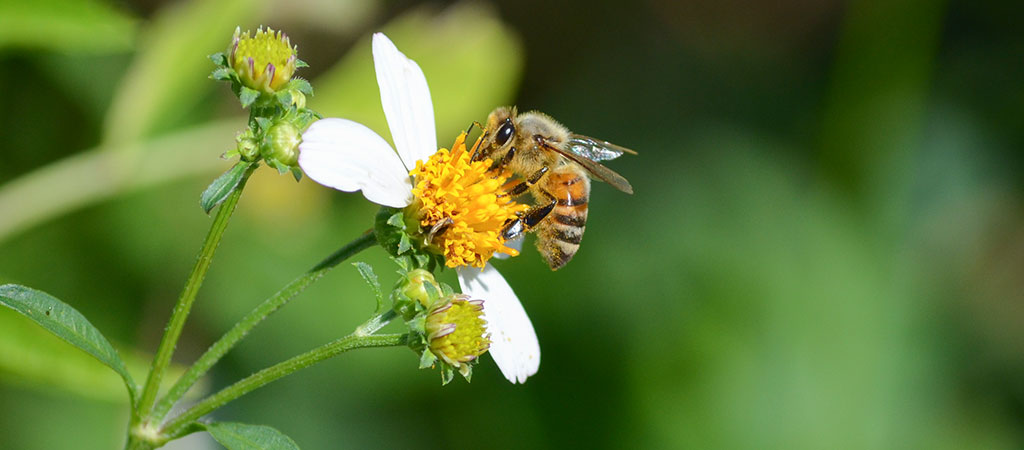
Updated: June 23, 2016
Since 1936, the National Wildlife Federation has worked to conserve the nation’s wildlife and wild places. As part of our 80th anniversary celebration, we are recognizing important moments in our history that continue to make an impact today
Imagine life without honey or chocolate. It’s a scary thought, right? What’s scarier is that much of the food that we eat comes from plants pollinated by bees and other animal pollinators which are declining.
Foods such as honey, apples, bananas, chocolate, almonds, and more that often contain essential nutrients and antioxidants good for our health depend on pollinators. Yet, pollinator populations have declined across the country, threatening these food supplies for people and wildlife. It’s time for us to help pollinators make a comeback!
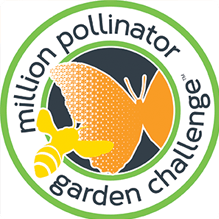 To support the health of pollinators like honey bees, native bees and monarch butterflies, the National Wildlife Federation and partners came together to form The National Pollinator Garden Network (NPGN) last year. The NPGN then launched the Million Pollinator Garden Challenge last June, with a special announcement from the First Lady, to encourage all Americans to plant pollinator friendly gardens. Increasing the amount of nectar and pollen sources provided by more flowering plants and trees will help improve pollinators’ health and numbers. NPGN collectively represents approximately 800,000 gardeners, 15,000 schoolyard gardens, and currently brings a baseline of approximately 200,000 registered pollinator gardens nationwide.
To support the health of pollinators like honey bees, native bees and monarch butterflies, the National Wildlife Federation and partners came together to form The National Pollinator Garden Network (NPGN) last year. The NPGN then launched the Million Pollinator Garden Challenge last June, with a special announcement from the First Lady, to encourage all Americans to plant pollinator friendly gardens. Increasing the amount of nectar and pollen sources provided by more flowering plants and trees will help improve pollinators’ health and numbers. NPGN collectively represents approximately 800,000 gardeners, 15,000 schoolyard gardens, and currently brings a baseline of approximately 200,000 registered pollinator gardens nationwide.
To promote continued action on this important issue, The White House Office of Science, Technology and Policy just released a Pollinator Partnership Action Plan highlighting examples several Federal agencies and private sector groups have taken in the last year, including the Million Pollinator Garden Challenge. The plan emphasizes extensive need for habitat in the central monarch migratory corridor through the key six states: Minneapolis, Iowa, Illinois, Arkansas, Oklahoma and Texas along the I-35 highway. The plan also focuses on honey bee health strategies and other land management approaches that call for integrative pest and vegetative management.
“The National Wildlife Federation commends the six prairie states and the Federal Highway Administration for coming together to make I-35 the ‘Monarch Highway’ and restore native habitat along the Monarch’s central flyway.” – Collin O’Mara, NWF President and CEO
Collin goes on to say “This is a giant step in raising awareness in this critical habitat corridor. We look forward to supporting the effort by connecting our current central flyway efforts that engage state leadership, mayors, gardeners, members of the National Pollinator Garden Network, the garden trade and many others to plant more habitat in this crucial corridor.”
How You Can Help
-
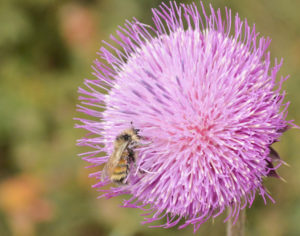
Photo by Yara Gomez Sugg, National Wildlife Photo Contest Plant native plants for pollinators. You can find the right plants for your area by asking a local nursery or nature center.
- Register your garden at millionpollinatorgardens.org. You can also add a photo of your garden to the SHARE map to inspire others.
- Encourage others to join. Use #PolliNation on social media to share your habitat planting and help spread the word.
Another easy way to join the Million Pollinator Garden Challenge is by certifying your yard with the National Wildlife Federation. NWF Certified Wildlife Habitats are counted towards the million gardens goal and are guaranteed wildlife-friendly habitats. These habitats go above and beyond to provide food, water, cover, and places to raise young for a variety of wildlife in your area.
June is still ideal planting weather for much of the U.S. and an opportunity to draw national attention to the need for critical pollinator habitat. Celebrate Pollinator Week next week on June 20-26, and get outside to plant and tend to your pollinator garden!
Plus, only in June, receive a $5 discount off your certification when you enter code BEES at checkout. You’ll also be entered to win one of TWO summer bee cabins donated by Crown BeesTM to help boost the pollination in your garden! See full contest rules, promotion and contest valid 6/1/2016-6/30/2016.
Bring Home the BeesCertify your garden, and bring home the bees!

